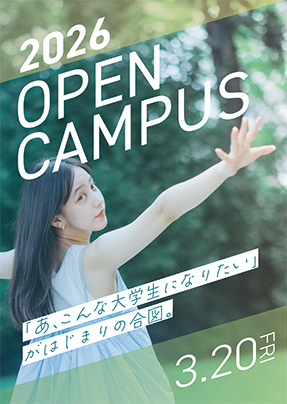Academic Program
Major Components in the ILE: TESOL Program

The ILE: TESOL program includes four core components that are emphasized throughout the two-year program:
- Understanding and Utilizing Learning Theory and Methodology
- Understanding, Utilizing, and Conducting Research
- Practical Experience and Practice
- Specialization through Research, Practical Interests, and Elective Courses
Understanding and Utilizing Learning Theory and Methodology
For every teacher, learning theory lays the foundation for how to teach, how to make sense of what occurs in the classroom, and how to help all students achieve their individual goals. Within the ILE: TESOL Program, the core courses that provide this foundation include:
- Principles of Second Language Acquisition
- Pragmatics and the Study of Communication
- Second Language Teaching Methodology
- Sociolinguistics and Education
- Language and Culture in EFL Education
- Syllabus and Curriculum Design
Understanding, Utilizing, and Conducting Research
Although the ILE: TESOL Program emphasizes practical teaching, the ability to access, understand, utilize, and conduct research are important skills necessary to develop as a productive member of the language education profession. To develop these skills, students examine a range of research methods used in TESOL and discuss important historical and relevant current research in all their courses.
Practical Experience and Practice
The practical component plays a major role in the training of our graduates. Students are asked to reflect on their own teaching philosophies and how they see the roles of the learner and the curriculum. Throughout their last semester, students are provided the opportunity to collaborate and teach a communicative course with an experienced faculty member, including observing, co-teaching, receiving supervision and feedback, and developing content- and level-appropriate activities and lesson plans.
Specialization through Research or Practical Interests, and Elective Courses
Selection of Elective Courses
Students are encouraged to pursue their professional interests through a number of elective courses in order to tailor their studies to best suit their goals as future language educators. The list of available elective courses includes:
- Research Literacy Skills for Graduate Students
- English for Academic/Professional Purposes
- Language Testing and Assessment
- Technology and Second Language Education
- Pedagogical Pronunciation
- English for Secondary Education
- Pedagogical English Grammar
The ILE: TESOL Program supports the founding principles of Soka University, namely a humanistic approach to education, international exchange, and the development of peace studies. While the ILE: TESOL Program is significantly influenced by the principles of Soka Education, the Master’s program is not solely based on Soka Education philosophies, but rather introduces a broad range of different educational philosophies, principles and methodologies that can be applied to English language education in a variety of contexts. ILE students are encouraged to make use of opportunities to further their understanding of Soka Education during their programs, but should also note this is not a main focus of the ILE: TESOL Program.
Practical or Research Orientation
Practical emphasis
Students who choose a more practice-oriented track during their second year complete a Teaching and Learning Project in TESOL, including in-depth investigation of curricular issues and development of innovative teaching materials and curricula.
Below are some samples of Teaching and Learning Projects:
Research emphasis
Students who choose a research-oriented track work with an advisor on the development of a formal research proposal and carry out that research under the supervision of experienced faculty members.
Below are some samples of Research Theses:


